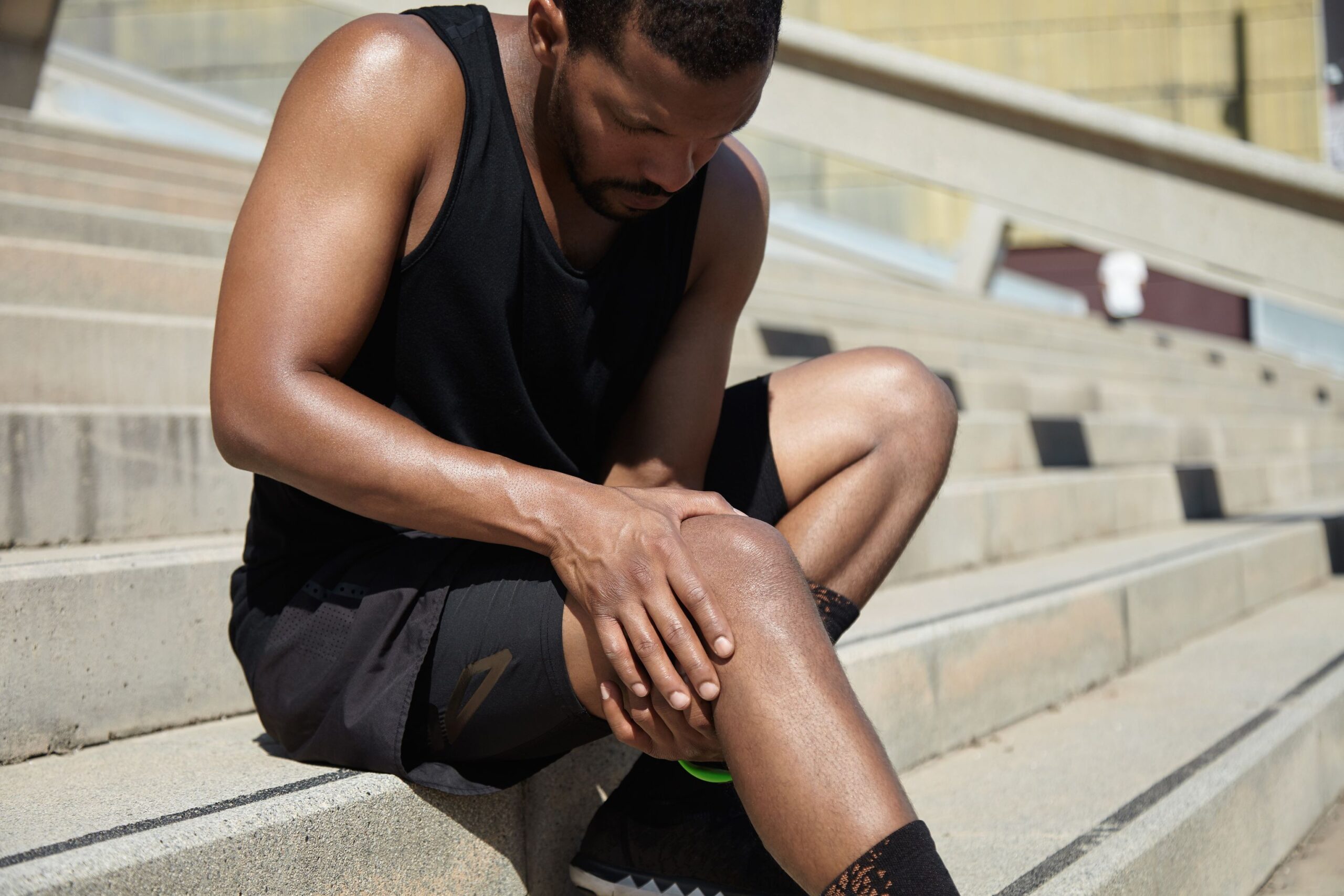Engaging in sports provides numerous health benefits, but it also comes with the risk of injury, particularly to the knees. best ortho doctor in South Delhi
Whether you are a professional athlete or enjoy recreational sports, taking proactive steps to care for your knees is essential for long-term joint health.
In this blog post, we will explore effective strategies to protect and maintain the well-being of your knees while participating in sports.
Warm-Up and Stretching:
- Begin each sports session with a proper warm-up to increase blood flow to the muscles and prepare the joints for activity.
- Include dynamic stretches that act like the movements of your sport, mainly putting focus on the quadriceps, hamstrings, calves, and hip flexors.
- Dynamic Warm-Up Routine: Develop a dynamic warm-up routine tailored to your sport. For example, if you play soccer, include drills that involve dribbling, changes of direction, and light sprinting to activate the muscles around the knee.
Strengthening Exercises:
- Imparting proper strength to the muscles that provides support to the knee plays a crucial role for stability and prevention of injury.
- Add those exercises that will target the quadriceps, hamstrings, hip abductors, and calf muscles in your daily strength training practice.
- Balanced Muscle Development: Focus on achieving a balanced muscle development around the knee. Imbalances in muscle strength can contribute to joint instability and increase the risk of injuries and can lead you to visit the best ortho doctor in South Delhi.
Proper Footwear:
- Choose appropriate footwear for your sport to provide adequate support and shock absorption.
- Ensure that your shoes are in good condition and replace them when the treads wear out to maintain proper cushioning.
- Sport-Specific Shoes: Different sports require different types of footwear. Consult with experts at a specialized sports store to find the right shoes for your activity, considering factors like arch support and impact absorption.
Correct Techniques and Biomechanics:
- Learn and practice proper techniques for your sport to minimize stress on the knees.
- Work with a coach or trainer to ensure that your movements align with biomechanical principles, reducing the risk of awkward or excessive forces on the knee joints.
- Sport-Specific Training: Incorporate sport-specific training to refine your skills and movements. This can enhance muscle coordination and improve joint mechanics during sports activities.
Cross-Training and Rest Days:
- Incorporate cross-training into your fitness routine to vary the stress placed on your knees. This can include activities like swimming, cycling, or elliptical training.
- Allow adequate rest days to give your knees time to recover from intense physical activity.
- Periodization: Implement a periodization plan in your training schedule, alternating between periods of intense training and rest. This helps prevent overuse injuries and allows for optimal recovery.
Protective Gear:
- Depending on the type of your sports activity, using protective gear like knee pads or braces must be essentially considered.
- Knee braces can give added support and stability, especially if you have a past record of knee injuries or are active in taking part in those sports that might leave a high-impact. These injuries, if they get worse, can make you undergo knee replacement surgery in South Delhi.
- Customized Bracing: Consult with a healthcare professional to determine if custom-fitted braces are necessary. These braces can address specific conditions or anatomical factors that may predispose you to knee issues.
Listen to Your Body:
- Pay attention to any signs of discomfort or pain during and after sports activities.
- If you experience persistent pain, swelling, or instability in the knee, seek professional medical advice promptly.
- Rest and Recovery: Don’t push through pain. Allow your body sufficient time to recover after intense activities. Not taking care of these warning signs can cause more severe injuries.
Proper Cool Down:
- Finish your sports session with a proper cool down to gradually decrease your heart rate and relax the muscles.
- Include static stretches focusing on the major muscle groups involved in your activity.
- Foam Rolling: Include foam rolling into your routine when you do cool-down activities. This can help release tension in the muscles and fascia surrounding the knee, promoting flexibility and reducing muscle tightness.
Hydration and Nutrition:
- Keep yourself properly hydrated before, during, and after sports activities to provide support to your joint for its lubrication and overall bodily functions.
- Consume a nutritionally-enriched diet that includes those that tries to enhance one’s joint health, like omega-3 fatty acids and antioxidants.
- Supplements: Consider supplements like glucosamine and chondroitin, known for their potential benefits in supporting joint health. Consult with your medical practitioner prior to consuming supplements into your routine.
Regular Check-ups and Screening:
- Schedule regular check-ups with a healthcare professional, especially if you engage in high-impact or contact sports.
- Undergo periodic screenings, such as imaging or biomechanical assessments, to identify potential issues early and implement preventive measures.
- Physical Examinations: Regular physical examinations can help healthcare providers assess the overall condition of your knees and detect any signs of instability or weakness.
Conclusion:
Caring for your knees during sports involves a holistic approach encompassing proper preparation, strengthening, technique refinement, and attentive self-care.
By integrating these strategies into your sports routine, you can significantly reduce the risk of knee injuries and ensure the long-term health and functionality of this crucial joint. best ortho doctor in South Delhi
Prioritize knee care, and enjoy the benefits of an active, injury-free sporting experience.
